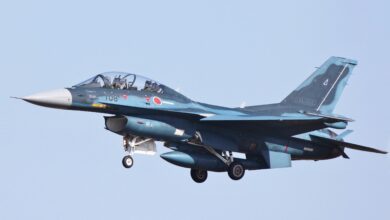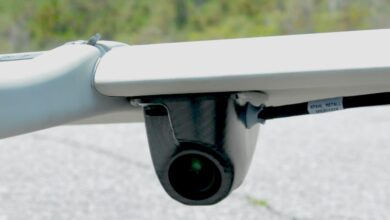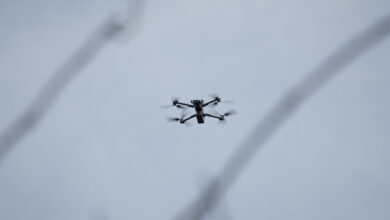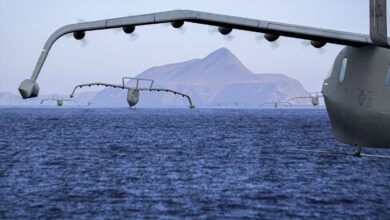US calls off search for 5 Marines missing after Japan plane crash
The U.S. military said it had pronounced five missing Marines dead and was ending search operations nearly a week after two U.S. military aircraft crashed off Japan.
The announcement on Tuesday, December 11 brings the final toll in the December 6 crash to six, with a seventh crew member rescued after the deadly incident.
The crash involving an F/A-18 fighter jet with two crew onboard and a KC-130 refueling tanker with five crew occurred in the early morning around 100 km (55 nautical miles) off the cape of Muroto in southwestern Japan.
It prompted a massive search and rescue operation, which the U.S. military said had now been called off.
“Every possible effort was made to recover our crew and I hope the families of these selfless Americans will find comfort in the incredible efforts made by U.S., Japanese, and Australian forces during the search,” said U.S. Marine Corps Lieutenant General Eric Smith, commanding general of the III Marine Expeditionary Force.
The accident was initially reported to have happened during a refueling operation, but the military said Tuesday this had not been confirmed and that the circumstances were still under investigation.
One Marine rescued the day after the crash was released from the hospital on Monday. A second Marine died shortly after being recovered at sea.
There are around 50,000 U.S. troops stationed in Japan and accidents are not uncommon.
In November, a U.S. Navy fighter jet crashed into the sea off Japan’s southern island of Okinawa and its two crew members were rescued alive.
And in November 2017, a C-2A “Greyhound” aircraft with 11 people on board went down in the Philippine Sea – eight were rescued and the search was called off for the remaining three after a two-day search.
The U.S. military has also experienced difficulties with its Osprey helicopters, with several emergency landings, a deadly crash and a piece of a chopper falling on the grounds of a Japanese school.
Those incidents have stoked tensions between close military allies Washington and Tokyo and led to protests against the deployment of Ospreys by residents living near U.S. bases.
With reporting from AFP






8-390x220.jpg)





